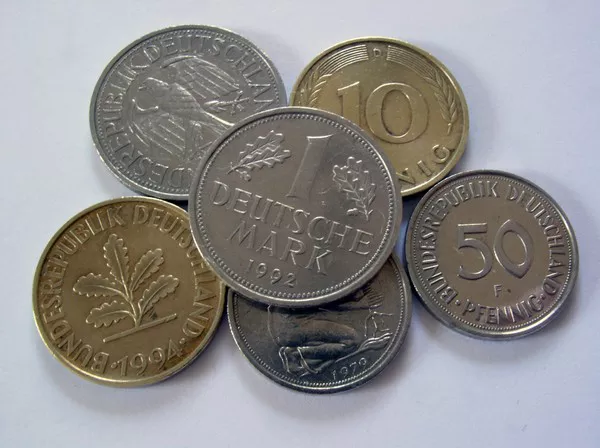The euro, introduced in 1999 as the official currency of the Eurozone, stands as a symbol of European unity and economic integration. As we stand on the cusp of a new era, it is imperative to explore the future trajectory of the euro, considering various factors that may influence its stability, growth, and role on the global stage.
Economic Resilience:
Despite facing numerous challenges in recent years, including the sovereign debt crisis and the ongoing repercussions of the COVID-19 pandemic, the euro has displayed remarkable resilience. The European Central Bank’s proactive measures, combined with the collective strength of Eurozone member states, have bolstered the currency’s stability. Looking forward, continued economic recovery, fiscal coordination, and the implementation of the NextGenerationEU program are poised to reinforce the euro’s resilience.
Digital Innovation:
The advent of digital currencies and the rise of decentralized finance (DeFi) present both challenges and opportunities for the euro. As central banks globally explore the development of digital currencies, the European Central Bank has initiated studies on a digital euro. This digital iteration could enhance financial inclusivity, reduce transaction costs, and provide greater security. However, regulatory frameworks and potential impacts on traditional banking structures must be carefully considered to ensure a seamless transition.
Global Standing:
The euro’s role as a global reserve currency has been on a gradual ascent. While the U.S. dollar remains dominant, geopolitical shifts, coupled with efforts to diversify global reserves, may contribute to the euro’s increased prominence. Agreements between the European Union and strategic partners to conduct trade in euros, as well as the currency’s attractiveness for central banks seeking diversification, may play pivotal roles in shaping its global standing in the coming years.
Political Cohesion:
The euro’s future is intricately linked with the political unity of the Eurozone. As the European Union evolves, maintaining a cohesive approach to economic policies and fiscal measures becomes paramount. Political challenges, such as the divergence of economic interests among member states, could impact the euro’s stability. However, ongoing efforts to strengthen economic governance and foster greater unity through initiatives like the European Stability Mechanism (ESM) underscore a commitment to overcoming potential pitfalls.
Challenges and Reforms:
Addressing longstanding challenges, such as economic divergence among member states and the lack of a common fiscal policy, is essential for securing the euro’s future. Proposals for a banking union and a common deposit insurance scheme aim to fortify the financial sector, reduce vulnerability to banking crises, and foster a more integrated economic landscape. Striking a balance between sovereignty and shared responsibility remains a delicate task, but addressing these challenges is crucial for the euro’s sustained success.
External Pressures:
External factors, including global economic trends, trade dynamics, and geopolitical tensions, can significantly influence the euro’s trajectory. Navigating uncertainties, such as the impact of Brexit and ongoing trade disputes, requires nimble policy responses and diplomatic acumen. Additionally, the euro’s exchange rate against major currencies remains subject to fluctuations, necessitating a proactive approach to maintain competitiveness and economic stability.
Environmental Sustainability:
The future of the euro is not solely confined to economic and geopolitical considerations; environmental sustainability is emerging as a pivotal factor. The European Union’s commitment to a green transition, encapsulated in the European Green Deal, signals a paradigm shift towards a more sustainable and climate-friendly economy. Integrating environmental considerations into economic policies and financial practices can contribute to the euro’s long-term viability and resilience.
See Also Why Is The Pound Getting Stronger Against The Euro
Conclusion:
In conclusion, the future of the euro is shaped by a complex interplay of economic, political, technological, and environmental factors. As we chart the course ahead, proactive measures to address economic challenges, embrace digital innovation, strengthen political cohesion, and adapt to global dynamics will be instrumental. The euro’s journey from inception to the present day has been marked by resilience and adaptability, and with strategic planning and collaborative efforts, it is poised to play a central role in the evolving landscape of global finance.


